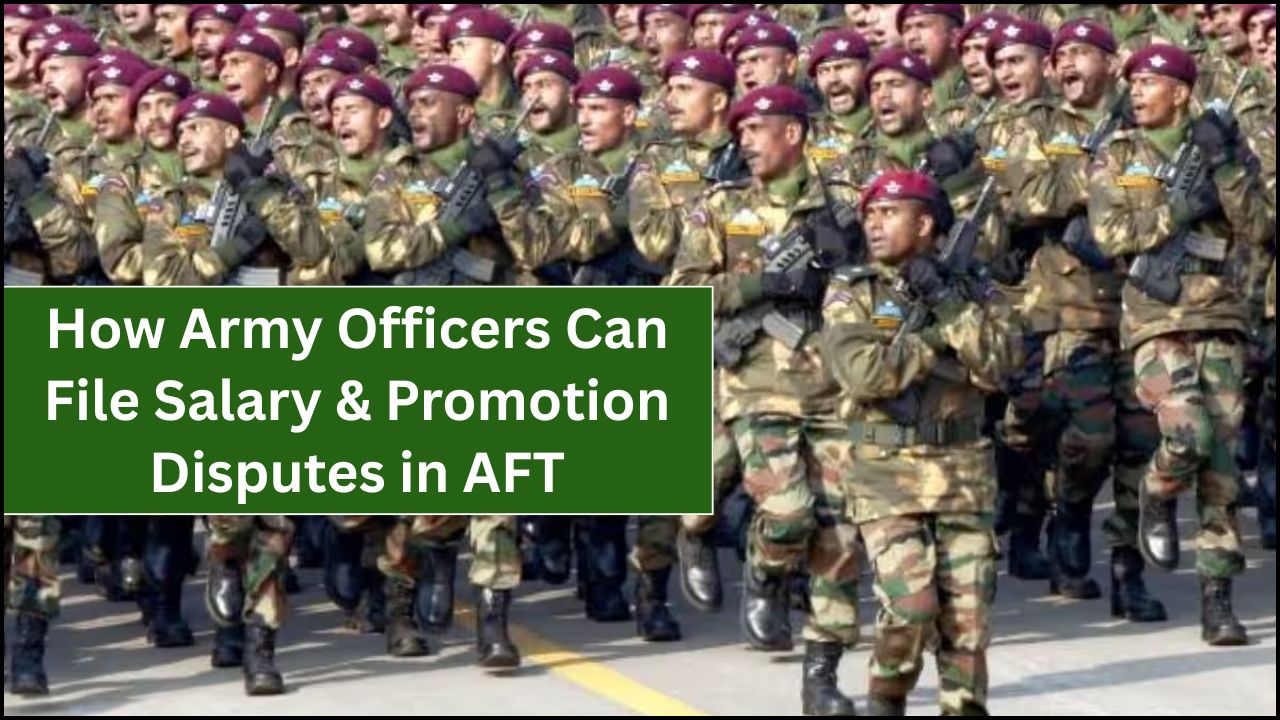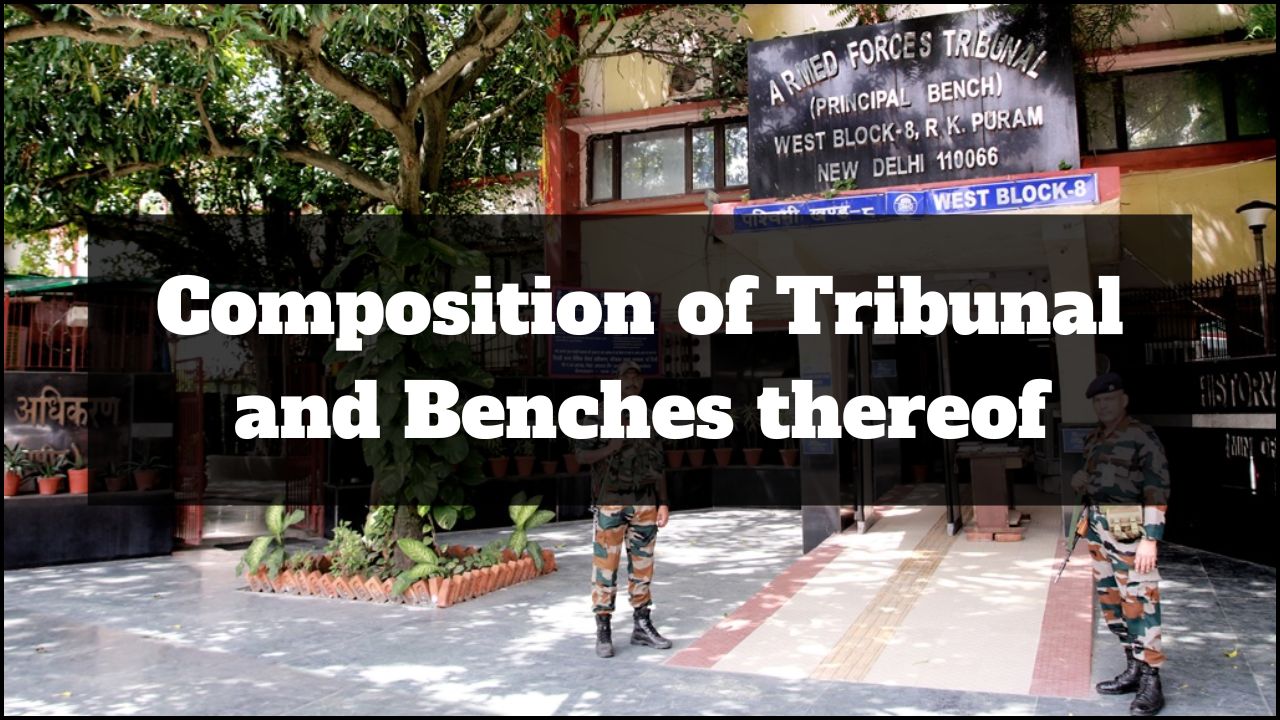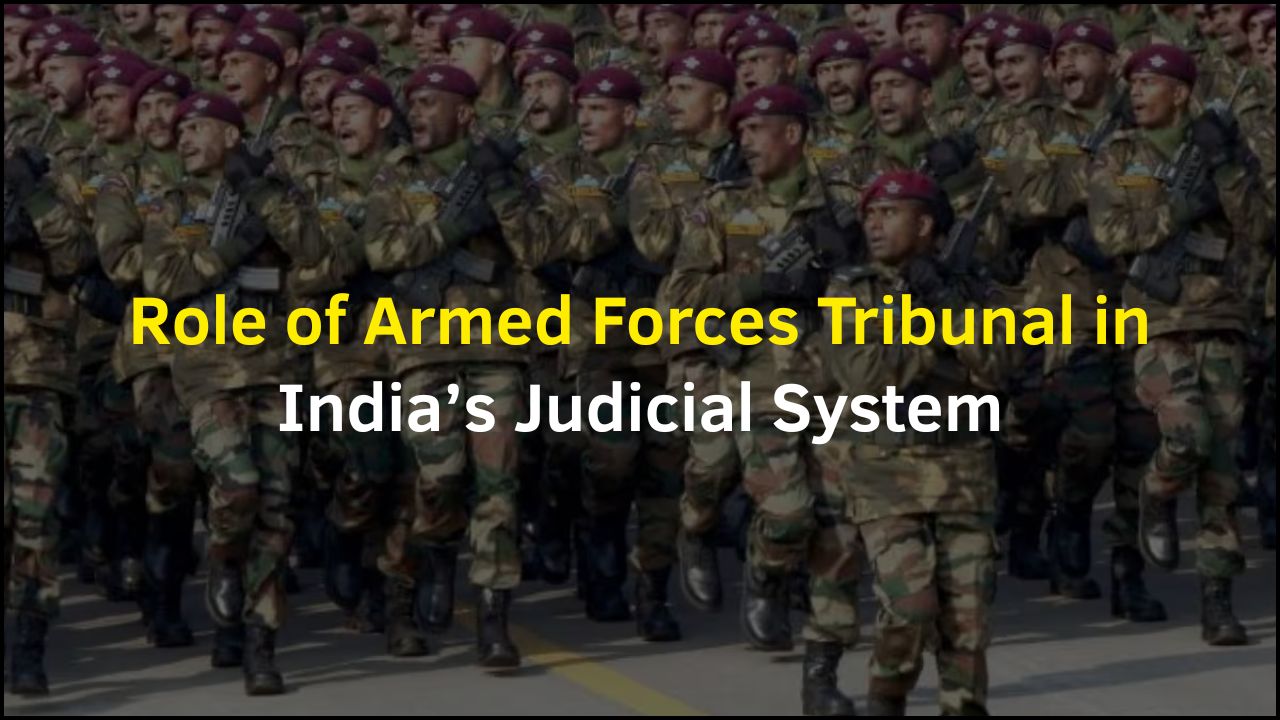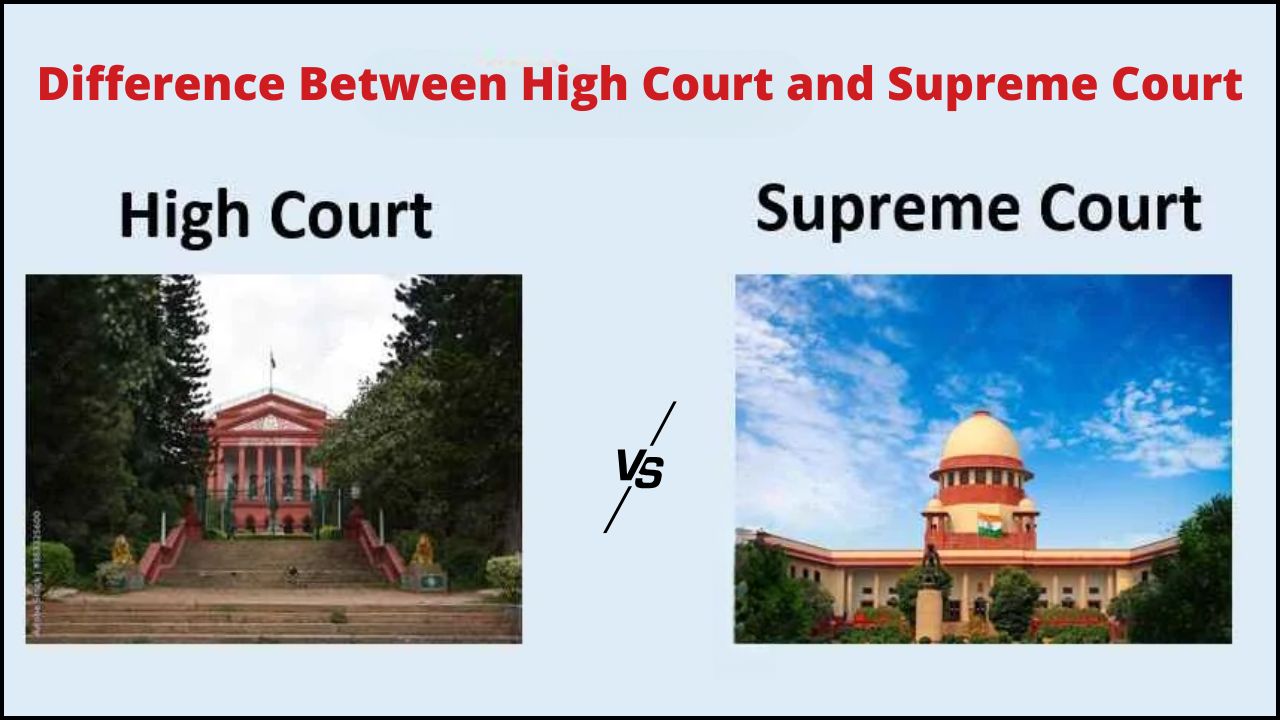
In India, there are two special places where people go when they have problems and need help: the Armed Forces Tribunal (AFT) and the Civil Courts. These two places are different, and they help different types of people. The AFT helps soldiers, veterans, and their families, while Civil Courts help regular people who have problems with things like property, contracts, and family issues.
But there’s one important question: Is the AFT faster than Civil Courts? Let’s look at what makes these two places different and why one might be faster than the other.
What is the AFT?
The Armed Forces Tribunal, or AFT, is a special place set up in 2009. It was made just for soldiers, army men, veterans, and their families to help solve problems about their work, their pay, their promotions, and other military-related issues. If someone in the army has a problem, like they don’t agree with something the army did to them, they can go to the AFT to ask for help.
The AFT only works with military-related problems, so the judges there know a lot about army rules and military life. This means they can help soldiers faster and more easily.
Table of Contents
What are Civil Courts?
Civil Courts, on the other hand, are places where regular people go to solve all kinds of problems. These problems could be about things like property, family matters (like divorce or child custody), contracts (agreements between people), or even accidents where someone is hurt. Civil Courts deal with many types of issues, big and small.
The Civil Courts are part of the bigger legal system of India. They have many cases to solve, and judges there are trained to help with a wide range of problems, not just one specific type.
Key Differences Between the AFT and Civil Courts
Here are the main things that make the AFT and Civil Courts different:
| Aspect | AFT | Civil Courts |
|---|---|---|
| Who They Help | Soldiers, veterans, and their families. | Regular people (civilians). |
| Types of Cases | Military-related issues like pensions, promotions, and service matters. | Family disputes, property problems, and accidents. |
| Judges’ Knowledge | Judges know a lot about military rules. | Judges know about many different types of laws. |
| How Many Cases | Fewer cases, all related to the army. | Lots of cases covering many different issues. |
Why the AFT is Faster Than Civil Courts
The AFT is often faster than Civil Courts for the following reasons:
- Specialized Knowledge: The judges in the AFT are experts in military law. They know all about the army rules and can make decisions quickly. Because they understand the military so well, they don’t waste time trying to figure out what’s going on.
- Fewer Cases: The AFT doesn’t have as many cases as Civil Courts. Since it only deals with army-related issues, there are fewer cases for the judges to look at. This means they can focus on each case and finish it faster.
- Easier Procedures: The rules for how things work in the AFT are simpler. There isn’t too much paperwork or too many steps to follow. This makes it easier for people to get their issues solved without waiting for a long time.
- Focus on Speed: The AFT was made to help the army people quickly. It’s designed to make sure that soldiers and veterans don’t have to wait for years to get their problems fixed. They can get their answers faster compared to people in Civil Courts.
Why Civil Courts Take Longer
Civil Courts, on the other hand, can be slower for a few reasons:
- Too Many Cases: Civil Courts have to handle many types of problems. There are a lot of cases coming in from regular people, and this makes it hard for the judges to finish everything on time. Some cases take years to finish because there are so many other cases to work on.
- Complex Rules: Civil Courts have many steps and rules to follow. People have to give lots of paperwork, and there are many hearings (meetings) where people have to talk about their case. This makes everything take longer.
- Many Different Problems: Civil Courts deal with many different kinds of cases. Some are small, and others are really big. Because there is so much variety, it’s hard for judges to focus on just one thing. Sometimes, this causes delays because judges have to figure out a lot of things.
- Judgment Delay: After a Civil Court makes a decision, it can still take a long time to make sure everyone follows the rules. For example, if someone is told they have to pay money or return something, it could take a long time before that happens.
Pros and Cons of AFT and Civil Courts
Here’s a quick look at the good and bad parts of both the AFT and Civil Courts.
Good Things About AFT:
- Faster Decisions: AFT solves cases quicker.
- Military Experts: Judges know a lot about the army, so they make smart decisions fast.
- Simple Process: It’s easier to understand and quicker to solve problems in AFT.
Bad Things About AFT:
- Only for Soldiers: It only helps army people, not regular civilians.
- Appeals Take Time: If someone doesn’t agree with a decision, they have to go to the High Court, which might take more time.
Good Things About Civil Courts:
- Handles Everything: Civil Courts can solve problems for everyone, not just soldiers.
- Big Legal System: They are part of a big legal system, so people have many options to get help.
Bad Things About Civil Courts:
- Too Many Cases: There are too many cases to handle quickly.
- Hard to Understand: The rules are complicated, so it takes time to get answers.
- Expensive: Going to the Civil Courts can cost a lot of money.
How Long Does It Take in AFT and Civil Courts?
The AFT usually solves cases faster, in a few months to a year. Civil Courts, because they have many more cases, can take much longer, sometimes even years.
Final Thoughts
The AFT is usually faster than the Civil Courts because it handles fewer cases and focuses on army-related issues. The judges in the AFT are experts in military law, which helps them make decisions quickly. Civil Courts, however, deal with many types of cases and often take longer because of the large workload. Both places are important, but they work in different ways. People in the army get help quickly in the AFT, while regular people need to go to Civil Courts, where things may take more time.





